Ah, the boiled egg. A simple yet quintessential culinary delight, capable of summoning feelings of pure joy or utter despair. You know what I'm talking about. The perfect boiled egg, with its smooth, velvety white and that glorious runny yolk, is a thing of beauty. It's a culinary triumph, a testament to patience and precision. But get it wrong, and you're left with a rubbery white, a hard-boiled yolk, and a heavy heart.
Fear not, fellow egg enthusiasts, for I’ve embarked on a culinary quest to uncover the secrets of the perfect boiled egg. Over countless trials, I’ve learned the subtle nuances, the tiny details that transform a simple egg into a masterpiece. And I’m here to share them with you, to help you conquer the art of the boiled egg and elevate your breakfast game to new heights.
Part 1: Unveiling the Egg’s Secrets
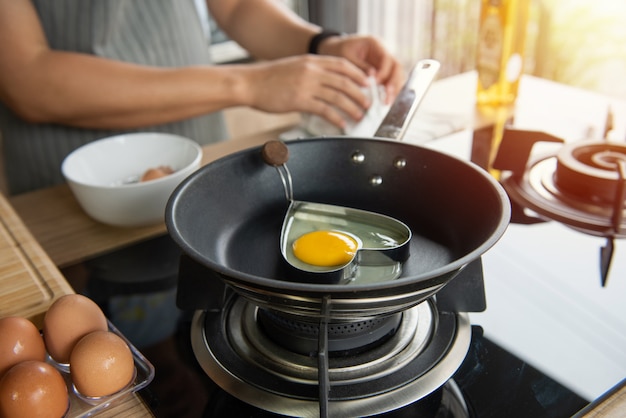
Before we even get to the boiling, let's delve into the fascinating world of the egg. It's more than just a breakfast staple; it's a marvel of nature, a delicate ecosystem encased in a surprisingly sturdy shell.
The egg shell: A Protective Barrier
That hard, white shell isn't just for show. It's a porous membrane, allowing air to pass through. This is vital for the life of the egg, but it also means we need to handle it with care. Cracks and chips can let water seep in, leading to uneven cooking and, worst of all, that rubbery texture that makes you want to toss the whole thing in the bin.
The White: A Protein Wonderland
Beneath that shell, lies the white, also known as the albumen. It's mostly water and protein, and it's those proteins that give us that firm white we love. When heated, they unravel and bond, forming a beautiful, silky texture. But overcook it, and those proteins keep bonding, resulting in that dreaded rubbery mess.
The Yolk: A Golden Treasure
And then, we reach the heart of the egg, the yolk. It's the treasure trove of flavour and nutrients. The yolk is a complex mix of fat, protein, and lecithin, a molecule that holds it all together. When cooked, the yolk solidifies, but the key is how long we cook it. A soft yolk, with its runny centre, is a thing of culinary beauty. It's the perfect balance of creamy richness and delicate texture, a testament to the skill of the cook. But achieving that soft yolk requires a delicate touch, a precise timing that separates the masters from the amateurs.
Part 2: Choosing the Right Egg: A Symphony of Ingredients
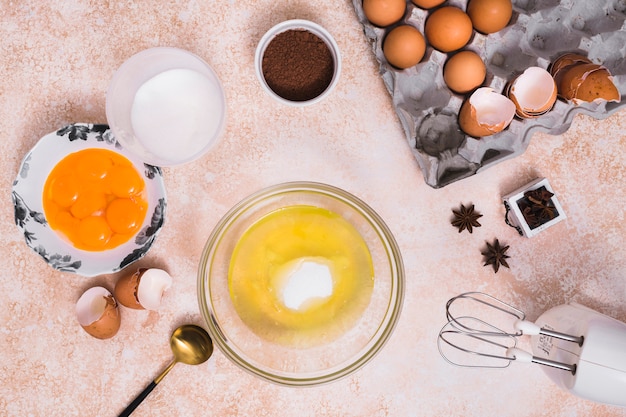
Now, let's talk ingredients. Not all eggs are created equal. The age, size, and breed of the chicken all play a role in the texture and flavour of the egg. For that perfect boiled egg, we need to choose our ingredients wisely.
Freshness Matters: The Essence of an Egg
fresh eggs are the cornerstone of a perfect boiled egg. Older eggs have larger air pockets, affecting how the yolk cooks and compromising the texture. Look for eggs with a best-before date that’s within a week or two. Trust me, the freshness makes a difference.
Size Does Matter: Finding the Right Proportion
The size of the egg is also crucial. Larger eggs take longer to cook than smaller ones. But here’s a secret, especially for those seeking that dreamy, runny yolk: smaller eggs are often the better choice. They cook faster and more evenly, making it easier to achieve that perfect soft yolk.
Breed Choice: Unveiling Flavour Nuances
Different breeds of chickens lay eggs with different yolk characteristics. Some have a richer flavour, others a brighter colour. It’s a culinary adventure, exploring the subtle differences in flavour and texture. Experiment with different breeds and discover your own personal favourite.
Part 3: Prepping for the Perfect Boil: A Stage for Success
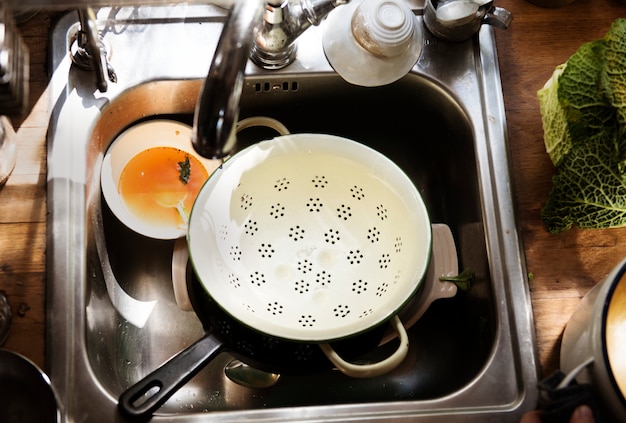
We've chosen our eggs, now it's time to prep them for their boiling water baptism. This crucial step sets the stage for an egg-cellent experience.
The Cold Water Dip: A Gentle Introduction
Before you even think about boiling, give your eggs a good soak in cold water. This helps ensure even cooking and prevents cracking, those pesky little fissures that can ruin your entire effort.
A Gentle Approach: Treat Your Eggs with Care
Don’t be rough with those eggs. Handle them with the care they deserve. Remember, they’re delicate treasures, not just ingredients.
The Right Pot: Size Matters, Always
Choose a pot that’s big enough to hold your eggs comfortably, leaving room for them to move around freely. Overcrowding leads to uneven cooking, and we don’t want that, do we?
Part 4: The Art of the Boil: A Precise Dance
Now, we reach the heart of the matter, the moment of truth. The boiling water, the rising steam, the anticipation… it’s all coming together. But this is no time to rush. It’s a delicate dance, a precise timing that makes all the difference between a culinary masterpiece and a breakfast disaster.
The Cold Start: A Gradual Rise to Perfection
Start your eggs off in cold water. This allows them to heat up slowly and prevents thermal shock, which can lead to cracking. Patience, my friends, is key.
The Gentle Simmer: Patience is Key to Success
Once the water reaches a gentle simmer, lower the heat. We want a steady simmer, not a rolling boil. This ensures the eggs cook evenly, without overcooking, preserving that precious, silky texture.
The Timer: A Guide, Not a Dictator
Timing is everything. Here’s a handy table to guide you, but remember, these are just guidelines. The size of your eggs, the temperature of your stove, and the altitude you live in can all affect cooking time. Experiment, discover your perfect timing.
| Cooking Time | Yolk Texture |
|---|---|
| 3 minutes | Very runny |
| 4 minutes | Runny |
| 5 minutes | Slightly set |
| 6 minutes | Set, but still creamy |
| 7 minutes | Firm |
| 8 minutes | Hard-boiled |
Remember, this is a journey of discovery. There's no one-size-fits-all answer. Experiment, refine your technique, and find your perfect timing.
Part 5: The Art of the Chill: A Cool Down for Creamy Delights
We've boiled, we've simmered, but our egg journey isn't over yet. To achieve that silky smooth texture, that creamy, decadent yolk, we need to chill our eggs.
The ice bath: A Quick Plunge into Chill
Once the eggs are done, immediately transfer them to a bowl of ice water. This stops the cooking process, preventing further heat from solidifying the yolk and ensuring a smooth white and a creamy yolk.
The Chill Factor: Time for Relaxation
Let the eggs chill for at least 10 minutes, or even longer, before peeling. This helps the egg cool down completely, making it easier to peel and ensuring that perfect, cool, creamy texture.
Part 6: The Perfect Peel: Unveiling the Masterpiece
The moment of truth has arrived. We've gone through all the steps, and now it's time to unveil the masterpiece that lies within. It’s time to peel, but not just any peel, a perfect peel.
The Gentle Tap: A Careful Approach
Tap the egg lightly on a hard surface to crack the shell, creating a small hole. We want to crack the shell, not crush the egg.
The Rolling Technique: A Smooth Peel
Roll the egg on the countertop, gently pressing down as you roll. This helps loosen the shell, making peeling easier and ensuring that smooth, pristine surface.
The Water Trick: A Helping Hand
If the shell is stubborn, submerge the egg in cold water. This helps soften the shell and makes peeling easier.
Part 7: Serving Your Masterpiece: A Culinary Celebration
And there you have it, my friends, the perfect boiled egg! But don't just gobble it down right away. It deserves a moment of appreciation, a moment to admire its beautiful, smooth texture and that tempting runny yolk. It's a culinary triumph that deserves to be savored.
The Simple Elegance: A Classic
The beauty of a boiled egg lies in its simplicity. Enjoy it on its own, with a sprinkle of salt and pepper. Let the pure flavour of the egg shine through.
The Creative Touch: Endless Possibilities
But don't be afraid to get creative. Add a dollop of mayonnaise, some chopped chives, a drizzle of olive oil, or a sprinkle of paprika. Let your imagination run wild.
Part 8: Beyond the Basic: Experimenting with Flavours
The boiled egg is a blank canvas, ready for your culinary creativity. Why not add some flavour and zest?
The Spicy Kick: A Touch of Chili
For a fiery twist, sprinkle your boiled egg with some crushed chili flakes or a drizzle of sriracha. Let the heat ignite your senses.
The Herbal Delight: Freshness on Top
Add a touch of freshness with a sprinkle of chopped dill, parsley, or chives. Let the aroma of herbs enhance the experience.
The Smoky Charm: A Hint of Bacon
For a savoury treat, serve your boiled egg with a few pieces of crispy bacon or a sprinkle of crumbled bacon bits. Let the smoky flavour tantalize your taste buds.
Part 9: FAQs: The Answers to Your Egg-cellent Questions
Q: What if my egg cracks during the boil?
Don’t worry, it happens! If your egg cracks during the boil, it’s probably because you didn’t start with cold water. But the egg is still edible. You can try peeling it more carefully, or use it in a dish where the shell isn’t a concern, like a salad.
Q: How do I get a really runny yolk?
For a super runny yolk, cook your egg for only 3 to 4 minutes. Smaller eggs are also easier to cook for a runny yolk, as they have less white to cook.
Q: Why does my egg turn green around the yolk?
The green ring around the yolk is harmless, but it means you’ve overcooked your egg. The iron in the yolk reacts with the sulfur in the white, causing the green colour.
Q: Can I use a microwave to cook eggs?
It's not recommended. Microwaving eggs can lead to uneven cooking and an exploding mess. Stick to the stovetop for the best results.
Q: Can I eat boiled eggs every day?
Yes, boiled eggs are a great source of protein, vitamins, and minerals. They can be part of a healthy diet. However, it's important to eat a variety of foods, not just one type of food.
So there you have it, my friends. A comprehensive, step-by-step guide to achieving that perfect boiled egg. It’s a journey, a process, but the reward is well worth the effort. Now go forth and conquer the world of egg-cellence!
Everyone is watching
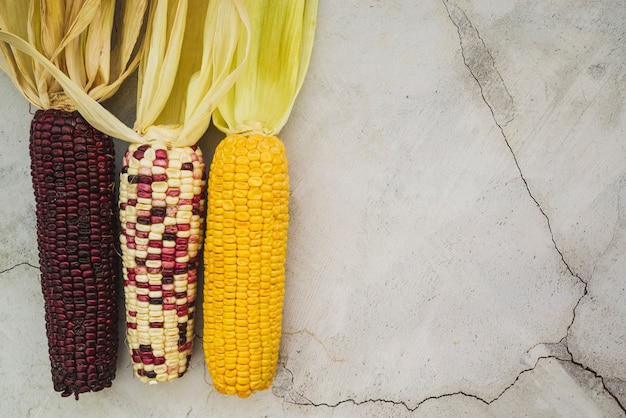
Corn on the Cob: The Ultimate Guide to Perfectly Cooked Ears
Healthy MealsAh, corn on the cob. Just the name evokes images of sunny days, barbecues, and that sweet, juicy flavour that ...
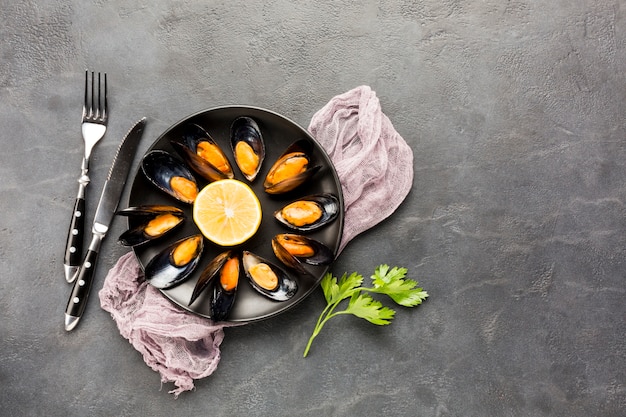
Scallops: The Ultimate Guide to Perfect Cooking
Healthy MealsAh, scallops. Those delicate, sweet, and utterly delicious morsels of the sea. They hold a special place in my...
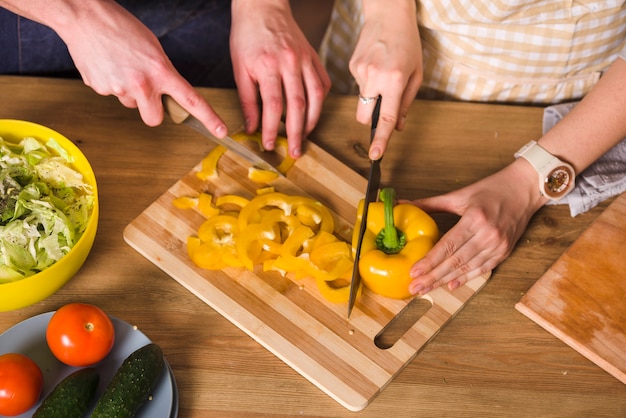
Spaghetti Squash: The Ultimate Guide to Cooking and Serving
Healthy MealsRemember that time you saw spaghetti squash at the supermarket, looking all bumpy and strange, and thought, "W...
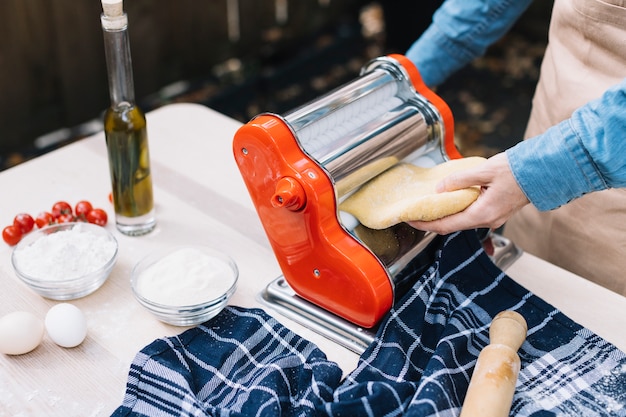
Salmon Cooking Times: Perfect Guide for Every Recipe
Healthy MealsLet me tell you, cooking salmon is an art form. It's all about getting that perfect balance: juicy and tender,...
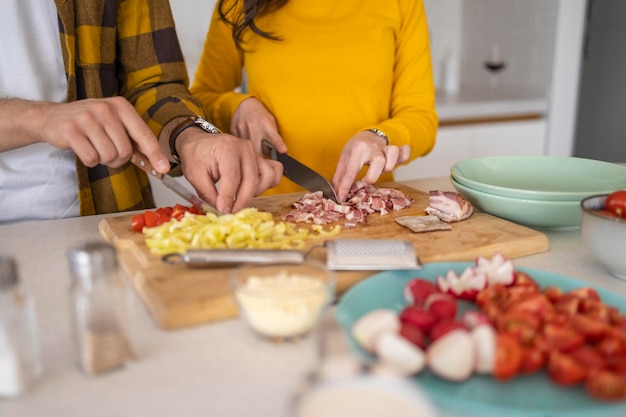
Ham Cooking Time: How Long to Bake, Smoke, or Boil a Delicious Ham
Healthy MealsAh, ham. It's a classic, isn't it? A real crowd-pleaser, especially around holidays. And when done right, it'...
